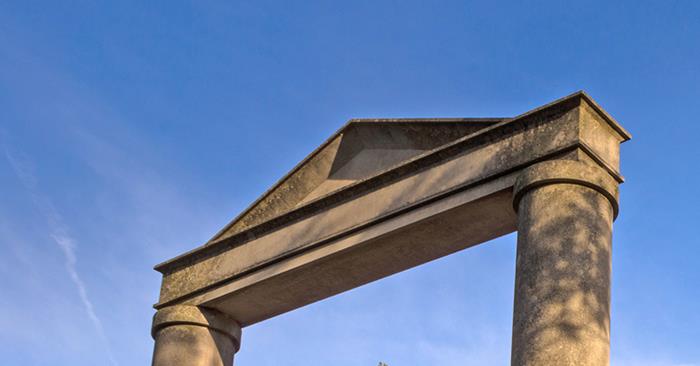Notables
Women’s basketball player Hannah Belanger was named the Great Lakes Valley Conference Freshman of The Year, and Sloane Totta and Katie Jaseckas were selected for the first team All-GLVC for the 2019-20 regular season. Belanger is the second Truman player in three seasons to win the league’s Freshman of the Year award. She was the top scoring freshman in the GLVC with 340 points (12.6/game) and was fourth overall and fifth in three-point shooting (.427/.424) and third in three-pointers made (2.37/2.50) this season. She is one of four players to play in all 27 games this season. Belanger was also selected to the third team all-GLVC and the all-Freshman team. For Jaseckas, this is her first, first team all-conference selection. She ranked in six categories in both overall and conference games including scoring (14.2/15.2), rebounds (7.2/7.2), field goal percentage (.557/.574), blocked shots (2.00/2.05), offensive rebounds (2.27/2.05) and defensive rebounds (4.88/5.11). She was a second team choice her freshman season to go along with her Freshman of the Year award. Totta has been the steady force behind the Bulldogs over the course of her career and earned a mention on the all-league team for the fourth-straight year. She becomes the first Bulldog to earn consecutive first team All-GLVC honors and first Truman player since Georgia Mueller (2006-07/2007-08) to garner first team all-conference accolades two straight seasons.
Rebecca Harrison, professor emerita of classics, has an article, “Learning (and Teaching) Latin Verb Tenses: Applying Second Language Acquisition Research and Analyses of Verb Uses in Context,” published in Teaching Classical Languages 10.2, a peer-reviewed publication of the Classical Association of the Middle West and South. It can be found online here.
Jerrold Hirsch, professor emeritus of history, has been asked by the National Endowment for the Humanities to serve as a referee for a grant proposal.
Daniel Mandell, professor of history, had a piece of his new project discussed at the March 3 session of the Pauline Maier Early American History Seminar, held at the Massachusetts Historical Society in Boston. That new project examines the evolution of Anglo-American treatment of indigenous sovereignty since invading North America, the varied responses of Native peoples and the conundrum that developed in U.S. Indian policies between communal and individual rights after 1800. His piece discussed at the Maier Seminar focused on elements of the 1621 Massasoit-Plymouth agreement and patterns in southern New England court records over the subsequent half-century.

Rebecca Harrison, professor emerita of classics, has an article, “Learning (and Teaching) Latin Verb Tenses: Applying Second Language Acquisition Research and Analyses of Verb Uses in Context,” published in Teaching Classical Languages 10.2, a peer-reviewed publication of the Classical Association of the Middle West and South. It can be found online here.
Jerrold Hirsch, professor emeritus of history, has been asked by the National Endowment for the Humanities to serve as a referee for a grant proposal.
Daniel Mandell, professor of history, had a piece of his new project discussed at the March 3 session of the Pauline Maier Early American History Seminar, held at the Massachusetts Historical Society in Boston. That new project examines the evolution of Anglo-American treatment of indigenous sovereignty since invading North America, the varied responses of Native peoples and the conundrum that developed in U.S. Indian policies between communal and individual rights after 1800. His piece discussed at the Maier Seminar focused on elements of the 1621 Massasoit-Plymouth agreement and patterns in southern New England court records over the subsequent half-century.
Wendy Miner, professor of education and chair of the Department of Education, is Truman’s nominee for the 2020 COPLAC Dunn Award. Each year the Council of Public Liberal Arts Colleges (COPLAC) asks its member institutions to submit one nominee to be considered for the Dunn award. This award recognizes a faculty member whose commitment to student success goes beyond the traditional roles of teacher, academic advisor and mentor. The goal is to recognize a faculty colleague who consistently enacts the values of the public liberal arts – to foster engagement with learning, communities and public service.


